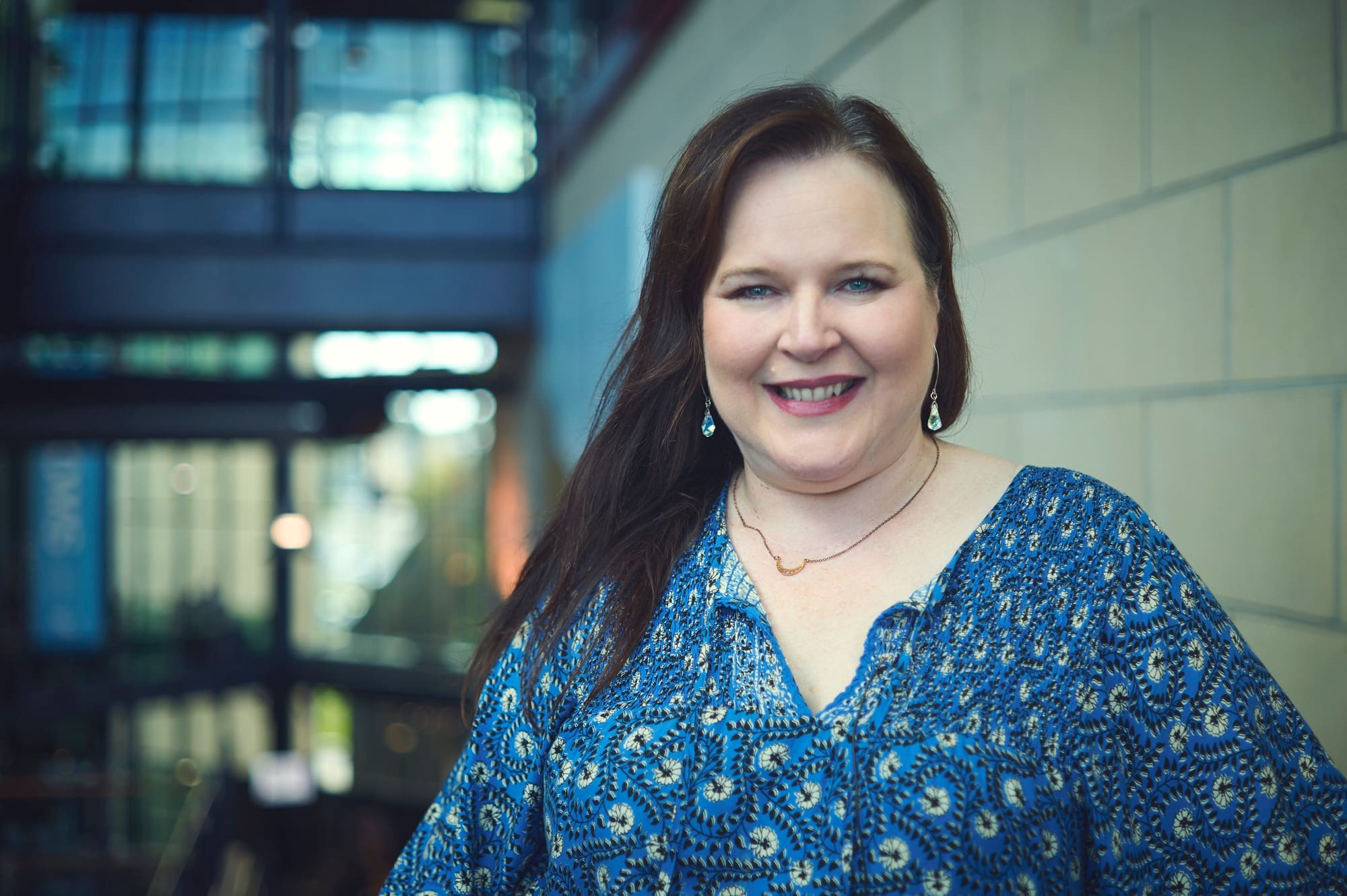Newfoundland and Labrador is focused on building awareness and action to influence social factors on health outcomes and quality of life.
But what is well-being? Why does it matter?
Well-being is an overall positive quality of life where an individual’s needs are met across many aspects, including physical, mental, social, economic, and environmental.
Social determinants are major contributors to our health.
They include:
- Access to safe housing, good food and clean water;
- A justice system that protects us;
- Money;
- Quality education; as well as
- Our experience of equity, social connection and safety.
This is a long-term goal, and the work to achieve this goal needs to begin now. This relies upon governments, communities, groups, businesses, and organizations to incorporate a well-being approach in their policies and programs, and for individuals to discover how well-being applies to them.

Guest Author Spot
Medicine for the Soul 🎶
Julia Halfyard of Instant Choir shares what well-being means to her.



